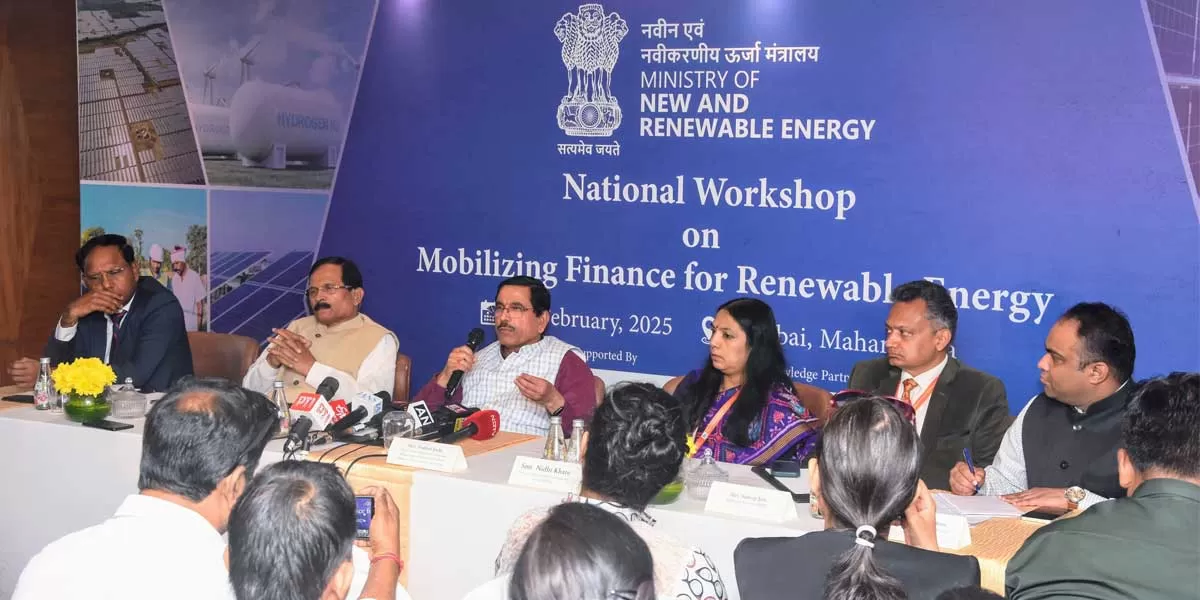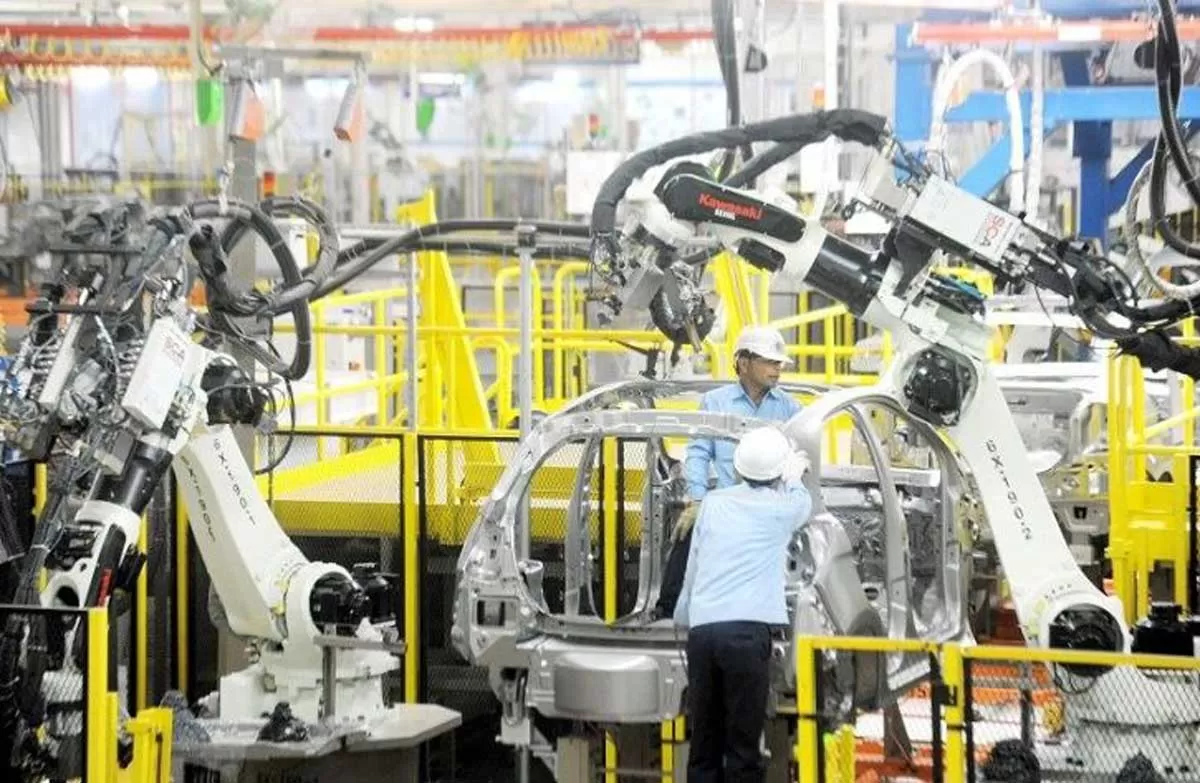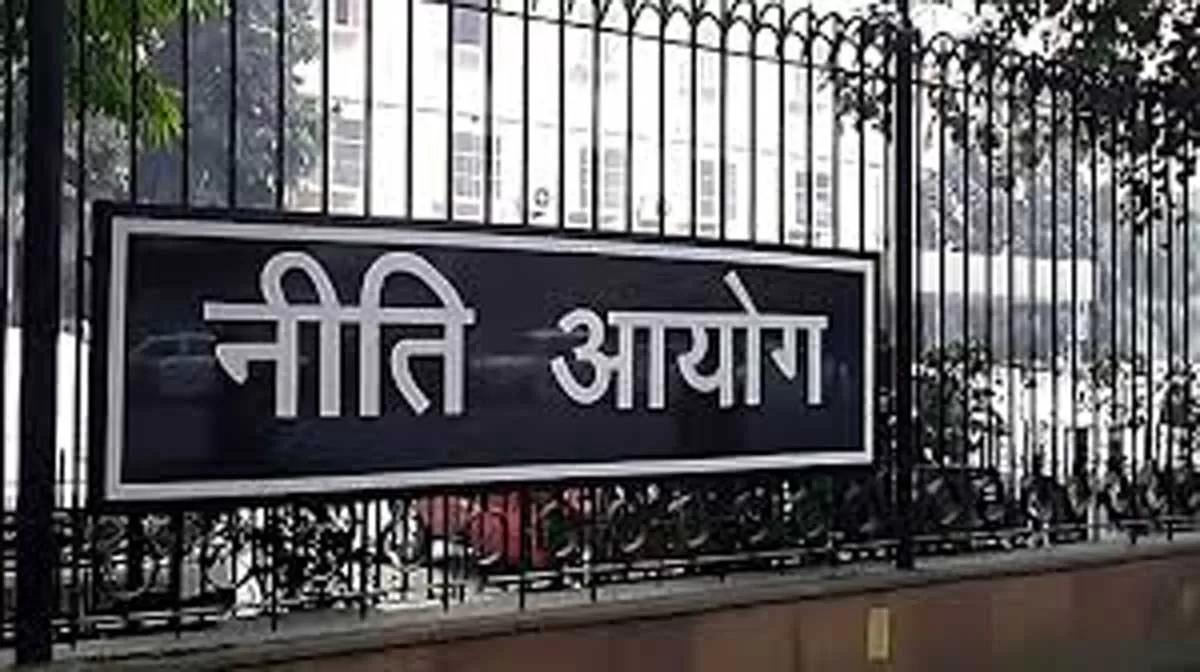
Finance Key to India’s 500 GW Renewable Energy Goal: Pralhad Joshi

India-Germany Strengthen Science Collaboration
In a significant boost to global scientific ties, Markus Söder, Minister-President of Bavaria, met India’s Union Minister for Science & Technology, Dr. Jitendra Singh, on April 13, 2025. The meeting reinforced Indo-German cooperation in Science, Technology and Innovation (STI), with focus areas including Artificial Intelligence, Quantum Technologies, Clean Energy, Electric Mobility, Green Hydrogen, and Biotechnology. Dr. Singh praised the Indo-German 2+2 collaboration model, which brings together universities and industries from both nations for innovation-driven partnerships. He recalled t..

Belrise Buys H-One India
In a strategic move to bolster its manufacturing strength and market position, Belrise Industries has acquired H-One India, the local arm of Japanese auto component major H-One Co. The acquisition is expected to expand Belrise’s design and production capabilities, particularly in chassis systems and body-in-white parts, key components in the automotive sector. While the transaction value remains undisclosed, the development signals Belrise’s intent to strengthen its footing in India’s growing automotive market. H-One India specializes in high-tensile steel components and tooling developm..

Niti Aayog Pushes Auto Growth
Niti Aayog has proposed a policy roadmap to double India's automotive component output to $145 bn and triple exports to $60 bn by 2030. In its report, “Automotive Industry: Powering India’s Participation in Global Value Chains,” the think tank highlighted India’s current modest three per cent share in global trade, despite being the fourth-largest producer of auto parts. The proposed strategy includes fiscal incentives, capital support for tool development, IPR transfers, and branding assistance to strengthen the sector’s global competitiveness. Additionally, cluster development, com..














